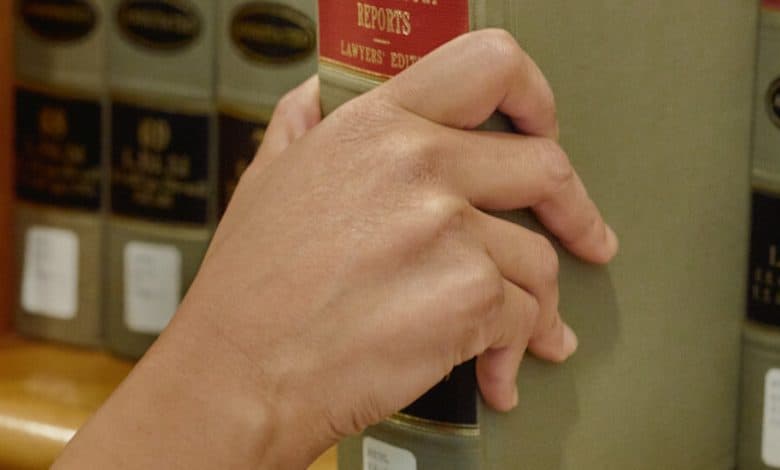The Challenges of Teaching Constitutional Law Today

More from our inbox:
- Condemn Trump’s Mockery of Biden’s Stutter
- Biden Enthusiasts
- Medications to Combat Alcoholism
- Reading the Greats

Credit…Mark Jayson Quines for The New York Times
To the Editor:
Re “How to Teach Students About a Politicized Supreme Court,” by Jesse Wegman (Opinion, March 3):
Mr. Wegman asserts that teaching constitutional law has relied on the belief that the Supreme Court is a “legitimate institution of governance” and its justices, “whatever their political backgrounds, care about getting the law right.”
Perhaps it is because I am a political scientist teaching constitutional law and politics to undergraduates rather than a legal scholar teaching it to aspiring lawyers, but this premise suffers from a rosy reading of the past.
From the very outset of the American republic, the Supreme Court has engaged in political maneuvering framed in legal language. Through the Civil War and the New Deal and the social tumult of the 1960s, the justices offered legal reasoning embodying political ideology and swollen with political ramifications.
We can decry the potentially suspect motivations behind Bush v. Gore or the shoddy treatment of historical evidence in the Bruen gun rights case, and we can lament the polarization of the confirmation process or the partisan voting patterns of the current justices. But the idea that we are shocked — shocked! — to find politics going on here is simply not credible.
Justin Crowe
Williamstown, Mass.
The writer, a professor of political science at Williams College, is the author of “Building the Judiciary: Law, Courts and the Politics of Institutional Development.”
To the Editor:
I came of age as a young law student in the mid-1980s, and of late I often think of my venerable law professor at Columbia Law School, the late Louis Henkin. He taught us to revere the Supreme Court, and we did so, reading the legions of seminal decisions based primarily on well-reasoned constitutional analysis respecting stare decisis.
